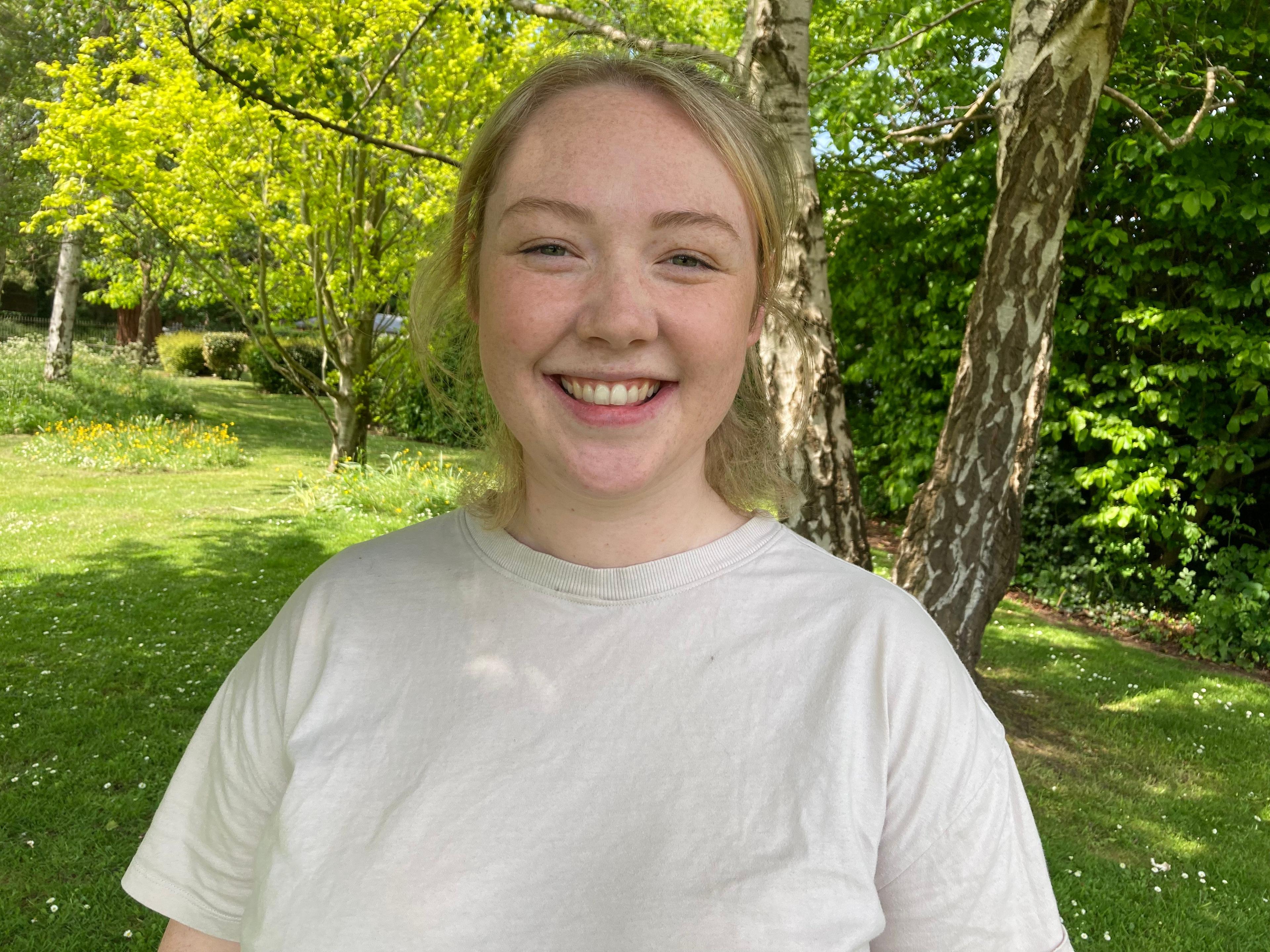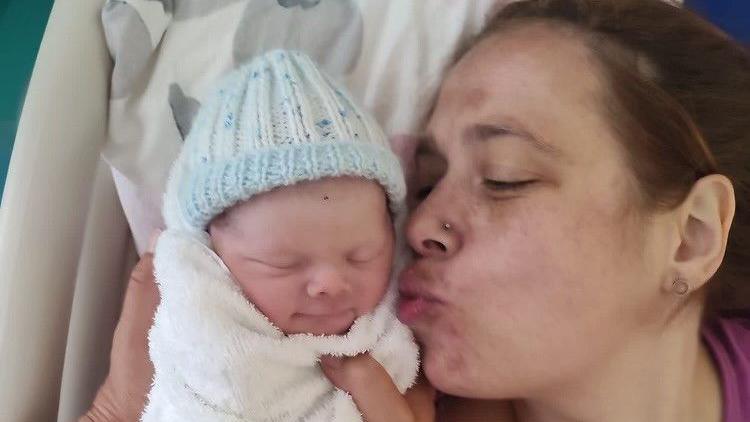Study identifies ways to enhance midwife wellbeing

Researchers surveyed and interviewed midwives in 2021 and 2022
- Published
The most effective ways of enhancing midwife wellbeing have been identified in a study, researchers have said.
University of Bath (UOB) researchers have published a midwife-focused stress audit and a review of the most effective interventions.
Dr Rachel Arnold, from the UOB, said the study was commissioned following "incredibly high levels" of midwife turnover and burnout in the area.
Jessica Murray, a retention support midwife at the Royal United Hospitals Trust (RUH), said the research provided "essential tools" to help support midwives struggling with stress.
The UOB's Stress, Anxiety, Resilience, and Thriving (StART) research group was behind the study, which was funded by the National Institute for Health and Care Research as a partnership between the university and the RUH.
The stress audit found the following had the biggest negative impacts on midwives:
Workplace demands, such as staff shortages and insufficient breaks
Change and communication, including on-call requirements
Lack of manager support
Community midwives were identified as one of the groups "particularly suffering" from workplace stress and anxiety, potentially due to operating in unfamiliar environments.
'Grow and develop'
Dr Rachel Arnold said the way the midwives "respond and cope" to the stressors can determine their impact.
"It's really important with any intervention that the onus isn't put entirely on the midwives themselves," she said.
"It needs to go hand-in-hand with an organisational intervention.... but the audit did identify ways midwives could better respond to and cope with those workplace stressors."
These included viewing them as challenges and opportunities "to grow and develop and master something" and drawing on sources of social support.
The second study was a "solution focused" review of the most effective interventions for midwives.
Individual interventions, such as mindfulness and yoga, and organisational interventions, such as midwifery care models and reflective groups, were studied.
Dr Moore said: "What we found was both organisational and individual level interventions were effective, but organisational level interventions might be more effective for improving midwives' health and wellbeing."
Ms Murray said the study would allow the RUH to help support its midwives.
"We hope this will help to educate our workforce around occupational stress in the workplace, and support them to not only remain but also thrive in their roles," she said.
Get in touch
Tell us which stories we should cover in Somerset
Follow BBC Somerset on Facebook, external and X, external. Send your story ideas to us on email or via WhatsApp on 0800 313 4630.
Related topics
- Published13 May 2024

- Published20 November 2024

- Published7 September 2024
